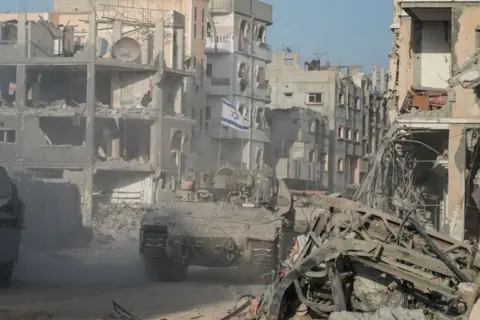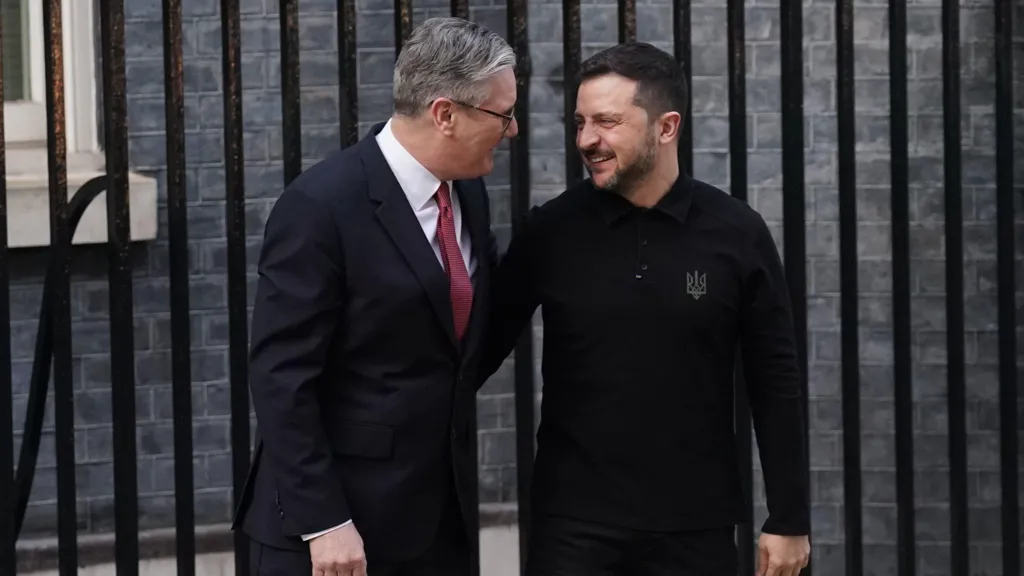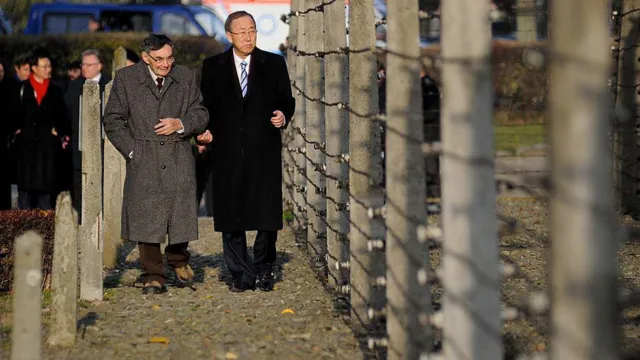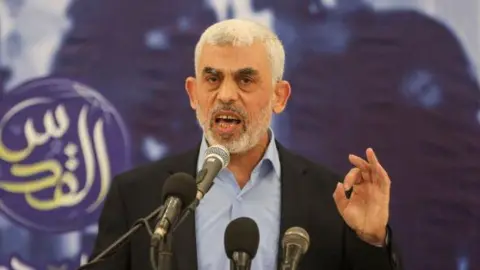 Getty Images
Getty ImagesIsraeli troops had for more than a year hunted the leader of Hamas, who disappeared in Gaza soon after masterminding the 7 October attacks.
Yahya Sinwar, 61, was said to have spent much of his time hiding in the tunnels under the Strip, along with a cadre of bodyguards and a ‘human shield’ of hostages seized from Israel.
But ultimately, it appears he met his end in a chance encounter with an Israeli patrol in southern Gaza. His guard detail was small. No hostages were found.
Details are still emerging, but here’s what we know so far about Sinwar’s killing.
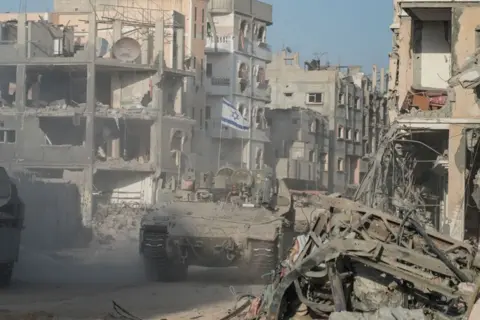 Getty
GettyRoutine patrol
The Israel Defense Forces says a unit from its 828th Bislamach Brigade was patrolling Tal al-Sultan, an area of Rafah, on Wednesday.
Three militants were identified and engaged by the Israeli troops – and all were eliminated.
At that stage nothing seemed particularly remarkable about the firefight and the soldiers did not return to the scene until Thursday morning.
It was then, as the dead were inspected, that one of the bodies was found to bear a striking resemblance to the leader of Hamas.
The corpse however remained in situ due to suspected booby traps and instead, part of a finger was removed and sent to Israel for testing.
His body was finally extracted and brought to Israel later that day as the area was made safe.
Daniel Hagari, the IDF’s spokesman, said that his forces “didn’t know he was there but we continued to operate”.
He said that his troops had identified the three men running from house to house, and engaged them before they split up.
The man since identified as Sinwar “ran alone into one of the buildings” and was killed after being located with a drone.
None of the hostages Sinwar was believed to be using as a human shield were present and his small retinue suggests either he was trying to move unnoticed, or had lost many of those protecting him.
Yoav Gallant, Israel’s defence minister, said: “Sinwar died while beaten, persecuted and on the run – he didn’t die as a commander, but as someone who only cared for himself. This is a clear message to all of our enemies.”
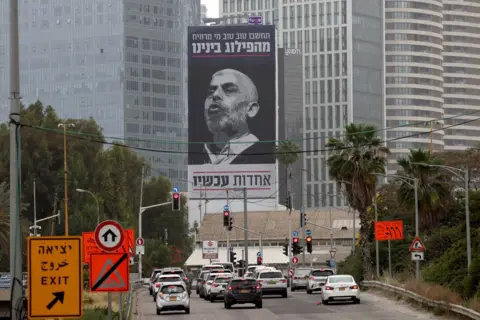 Getty Images
Getty ImagesSinwar ‘eliminated’
Israel first announced that it was “investigating the possibility” that Sinwar had been killed in Gaza on Thursday afternoon local time.
Within minutes of the announcement, pictures posted to social media showed the body of a man with very similar features to the Hamas leader, who had suffered catastrophic head wounds. The images are too graphic to republish.
However, officials warned that “at this stage” the identity of any of the three men killed could not be confirmed.
It was not long after that Israeli sources told the BBC that leaders were “increasingly confident” that they had killed him. However, they said that all necessary tests must be carried out before the death could be confirmed.
Those tests did not take long. By Thursday evening, Israel had announced that they had been completed and that Sinwar was confirmed “eliminated”.
Benjamin Netanyahu, the Israeli prime minister, said that “evil” had been “dealt a blow”, bur warned that the Israeli war in Gaza had not been completed.”
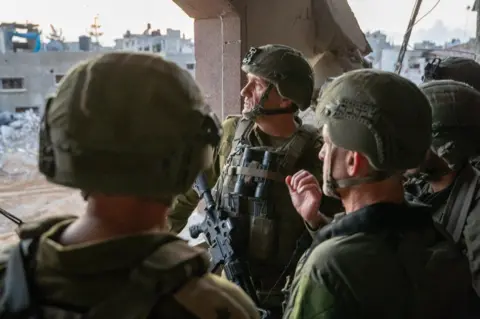 IDF
IDFA tightening noose
While Sinwar was not killed during a targeted operation, the IDF said that it had for weeks been operating in areas where intelligence indicated his presence.
In short, Israeli forces had narrowed Sinwar’s rough location to the southern city of Rafah, and were slowly moving in to get him.
Sinwar had been on the run for more than a year. He had undoubtedly felt the Israeli pressure growing as other Hamas leaders, such as Mohammad Dief and Ismail Haniyeh, were killed, and as Israel destroyed the infrastructure he had used to prosecute the atrocities of 7 October.
In a statement, the IDF said its operations in recent weeks in the south had “restricted Yahya Sinwar’s operational movement as he was pursued by the forces and led to his elimination”.
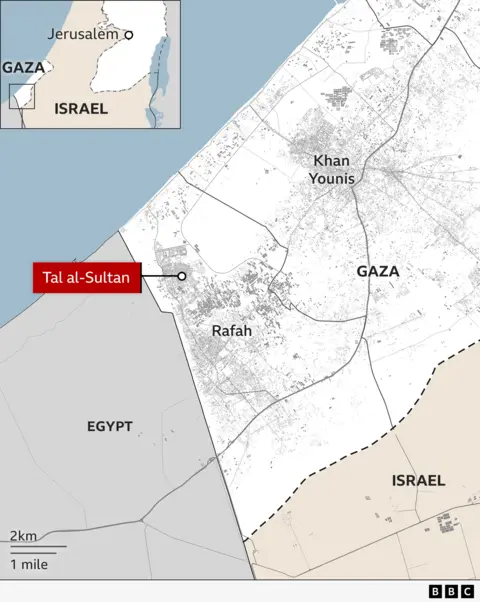
Major goal, but not the end
Killing Sinwar was a major goal for Israel, which marked him for death soon after the 7 October attacks. But his end does not end the war in Gaza.
While Netanyahu said that he had “settled the score”, he insisted the war would continue – not least to save the 101 hostages still held by Hamas.
“To the dear hostage families, I say: this is an important moment in the war. We will continue full force until all your loved ones, our loved ones, are home.”
In Israel, families of hostages said they hoped that a ceasefire could now be reached that would bring home the captives.
